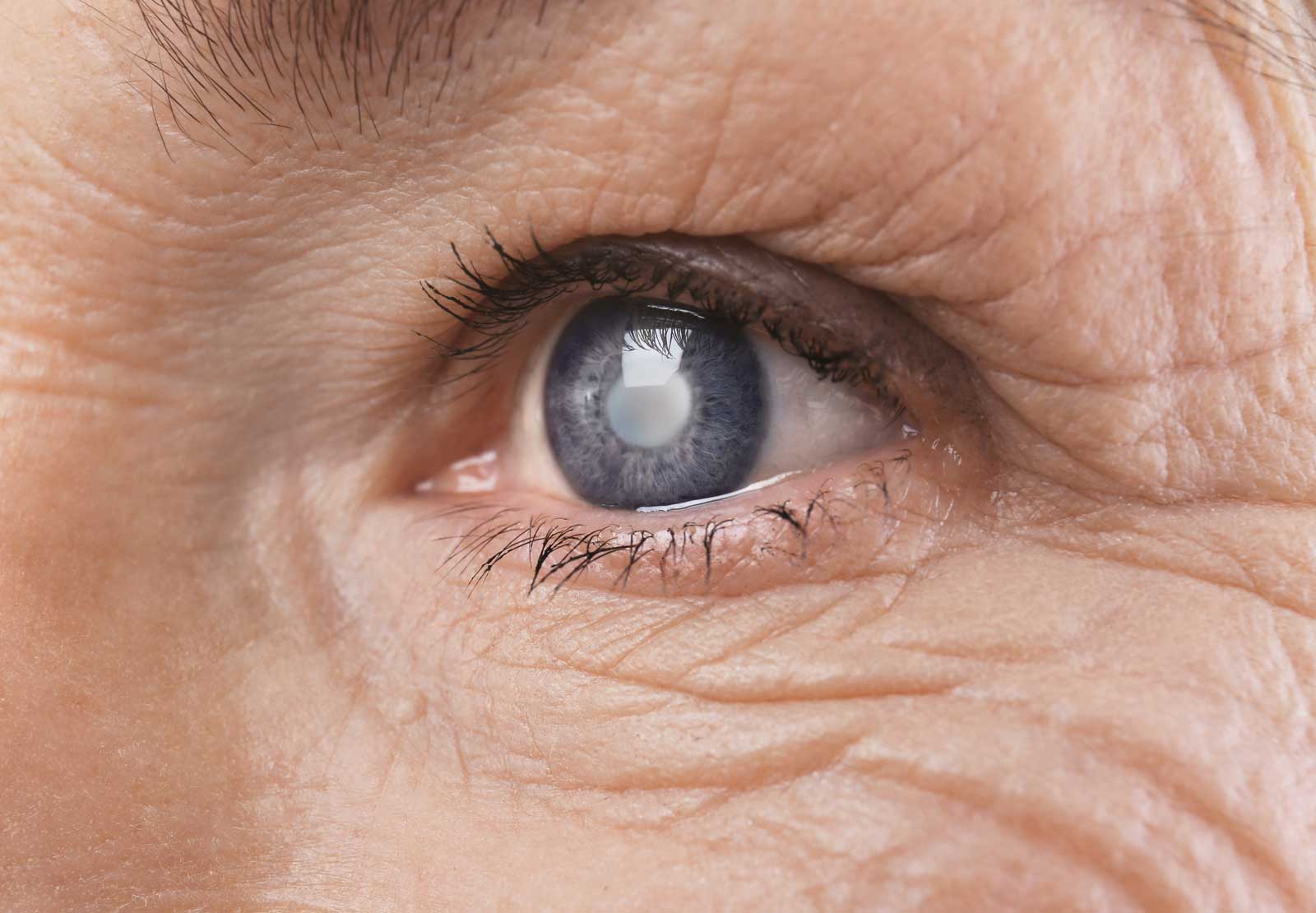
Cataracts are an important topic that affects many people, and understanding them is crucial. This article will explain what cataracts are, why they happen, how to prevent them, and what to do if you have them. Cataracts are a common eye condition where the clear lens behind your iris becomes cloudy, causing blurry vision and difficulty seeing. It’s important to remember that everyone ages, and cataracts are a natural part of the aging process—we will all get them eventually. Let’s explore this subject and learn how to keep your vision clear and healthy.
Understanding Cataracts
Cataracts occur when proteins in the lens of your eye break down, causing cloudiness. This process is often related to aging, but other factors like diabetes, smoking, and prolonged exposure to sunlight can increase the risk. Cataracts develop slowly, and over time, they can significantly impair your vision.
Why Do We Get Cataracts?
- Aging: The most common cause of cataracts is aging. As we get older, the natural biochemical changes in our eyes can lead to the formation of cataracts.
- Lifestyle Factors: Smoking, excessive alcohol consumption, and lack of proper nutrition can contribute to cataract development.
- Health Conditions: Diabetes and other health conditions can increase the risk of developing cataracts.
- Sun Exposure: Prolonged exposure to UV rays from the sun can also lead to cataracts.
How to Prevent Cataracts
- Eat a Balanced Diet: Include plenty of fruits, vegetables, and foods high in vitamin C and antioxidants in your meals. Studies show that these nutrients can help reduce the risk of age-related cataracts. Try to eat a variety of colorful fruits and green leafy vegetables every day.
- Live a Healthy Lifestyle: Regular exercise, maintaining a healthy weight, and not smoking are important for eye health. Smoking can speed up cataract formation, so quitting is very beneficial. Also, limit alcohol consumption to support overall well-being.
- Protect Your Eyes from UV Rays: Enjoying the outdoors is great, but protect your eyes from harmful UV rays by wearing a wide-brimmed hat and UV-blocking sunglasses. This can help prevent cataracts and other eye damage.
- Get Regular Eye Exams: Annual eye exams are crucial for detecting and monitoring cataracts. These exams help your eye doctor track cataract progression and recommend timely treatments. Comprehensive eye exams usually include vision tests, dilated eye exams, and tests to check the health and structure of your eyes.
What to Do If You Have Cataracts
While lifestyle changes and medications can’t reverse cataracts, cataract surgery is a very effective treatment. We work with several skilled surgeons throughout the Milwaukee area to select the one best suited to your individual case and needs. Rest assured, we will be with you through the entire process, ensuring you receive the best care possible. After your surgery, you will return to our care for the post-operative period and ongoing eye care.
By staying proactive about your eye health, you can look forward to enjoying clear, vibrant vision.

